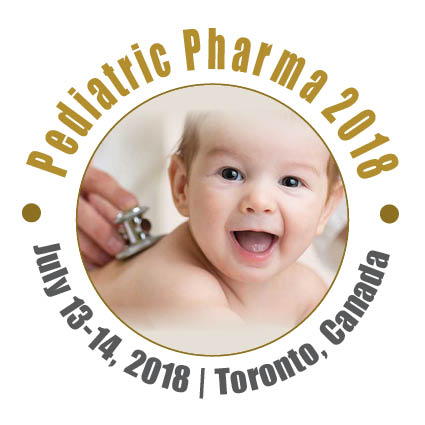
Jeng-Sheng Chang
China Medical University, Taiwan
Title: Regression of neonatal cardiac rhabdomyoma in two months through low-dose Everolimus therapy
Biography
Biography: Jeng-Sheng Chang
Abstract
Cardiac Rhabdomyoma (CR) is the most common cardiac tumor in newborns. Approximately 75% of cases are associated with tuberous sclerosis complex. Although these tumors usually spontaneously regress aft er 2 years of age, they can be life-threatening when they obstruct major cardiac infl ow or outfl ow pathways. Everolimus is an inhibitor of mammalian target of rapamycin, reducing its production of the proteins harmartin and tuberin. Everolimus has demonstrated a remarkable suppression eff ect in children with tuberous sclerosis complex at doses of 4.7–5.6 mg/M2/day and serum trough levels of 5–15 ng/mL. Since 2012, fi ve case reports of neonates with CR have also reported the tumor-regressing eff ect of everolimus. However, the optimal dosage for neonates is still unknown. Over the past 2 years, we have deliberately used a low dose everolimus regimen (0.3–0.67 mg/ M2/ day) in three neonates with large CRs, in an eff ort to maintain serum trough levels at 3–7 ng/mL. In all three cases, the tumors regressed smoothly within 2 months. Regarding the drug’s side eff ect of predisposing patients to infection, we observed that adenovirus pneumonia occurred in one case at 3 months of age, and chicken pox occurred in another case at 9 months of age; both recovered smoothly. Our three cases of neonatal CR demonstrate that a low-dose everolimus regimen is an eff ective treatment for tumor regression.

